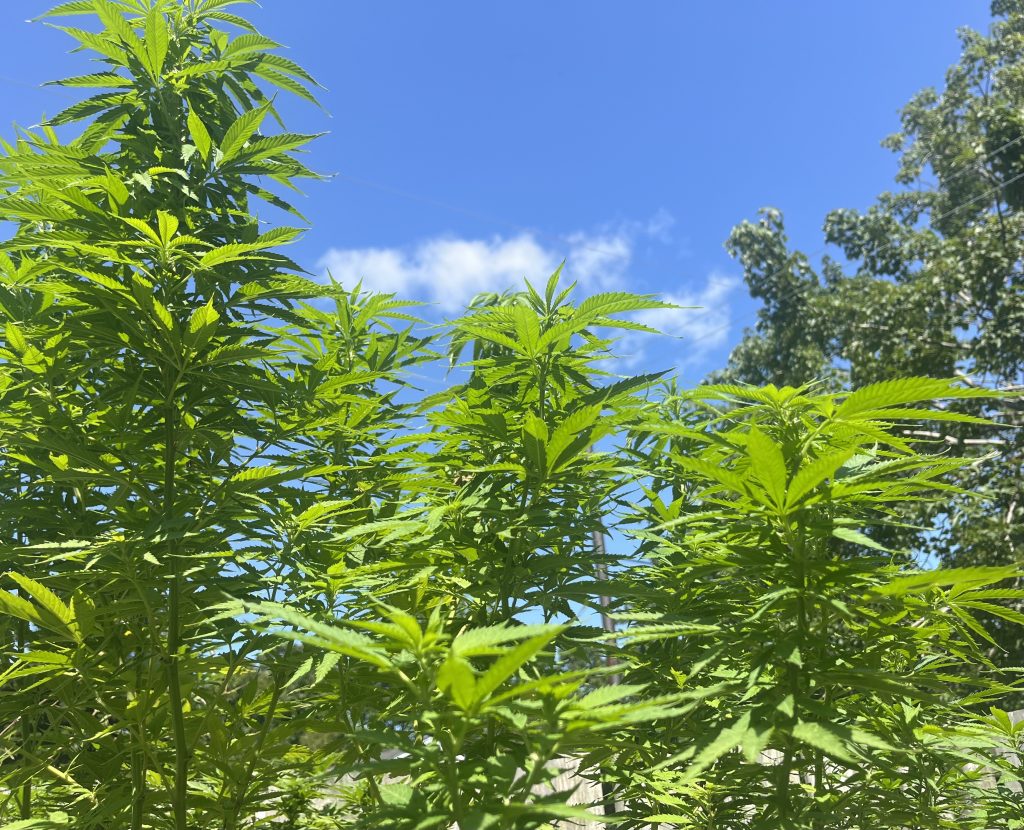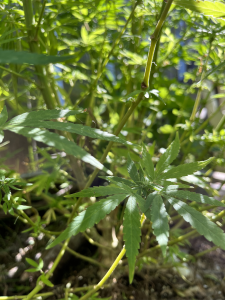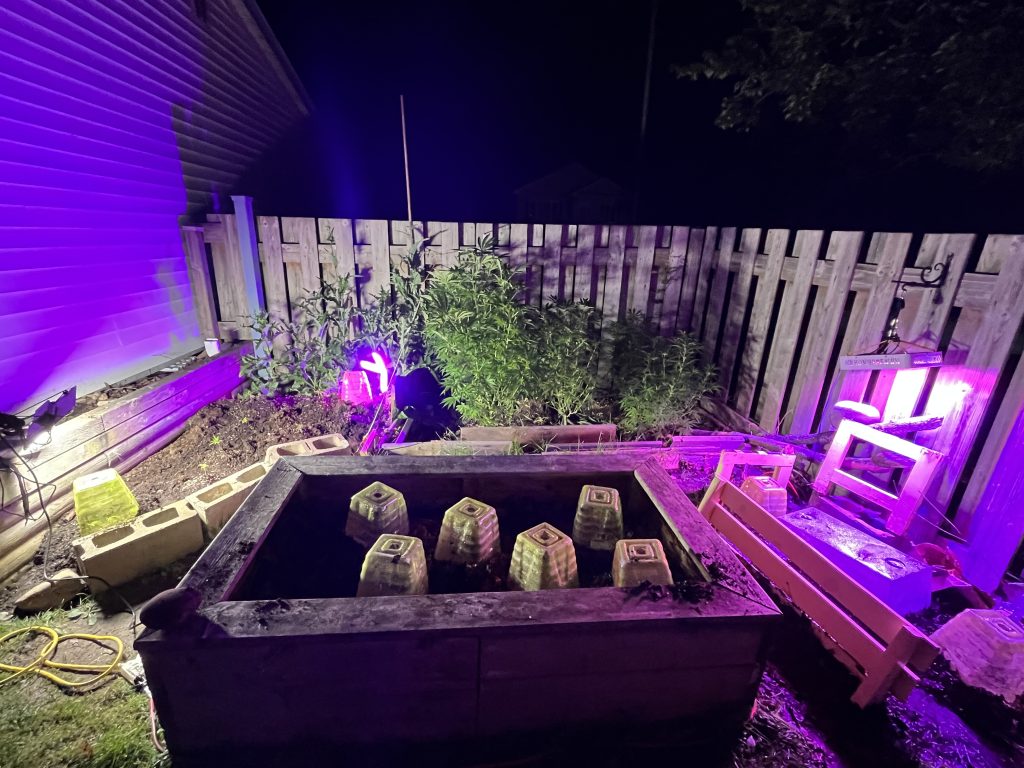Although it may seem from the mainstream press that the question of what makes cannabis kosher has been settled, things are rarely (if ever) that neat and clear in Jewish law and practice, especially when it comes to adapting the dietary and agricultural laws of kashrut to industrial methods of food preparation and processing. Indeed, disagreements about how to interpret or apply these laws to new practices and acquired knowledge have caused upheaval in Jewish communities, such as the debate that ensued in Brooklyn about whether the New York City tap water had to be filtered after rabbis saw a tiny crustacean in it—a distant cousin of shrimp and lobster that are explicitly forbidden by the biblical prohibition against eating water-borne creatures that lack fins and scales.
The debate led to conflicting rabbinical opinions about whether the tap water had to be filtered to be kosher, as well as discord within the community as new standards were set for kosher kitchens that changed the daily habits of tens of thousands of Jews. The debate also created a new form of market competition after the Orthodox Union recommended that restaurants and caterers under its supervision filter their water before using it in drinking and cooking. The social upheaval caused by conflicting interpretations of the meaning of the crustacean in the NYC tap water is a good example of the importance of being-kosher in many Jewish communities and organizing one’s dietary practices in accord with rules that serve to respect the value of other species in-themselves, irrespective of their use-value for us.

The Jewish concern with respecting the agency and integrity of animal life explains a lot of the dietary laws that serve to minimize an animal’s suffering and respect its integrity, such as why it’s not kosher to harm or disable an animal before slaughter, or slaughter an animal and its offspring on the same day.
I think it’s plausible that the first articles in the mainstream press that covered the topic of kosher cannabis were often written with a tone of amusement (“kosher cannabis?”) because the agricultural laws that govern our relation to soil and plant life are less well known than the dietary laws that place limits on what we eat and how we treat the animals we slaughter. The former serve to limit the ability of farmers to claim ownership of their land and crop, such as the commandment to release the land from cultivation every seventh year (Schmita) and set aside portions of their crop for tithes to priests and those in need. The question of kosher cannabis is usually asked with regard to whether the process of processing the flower conforms to Jewish dietary laws that require produce to be clean and free of insects. From this perspective, the key issue is the amount of microbial matter in the flower, which can be made kosher through irradiation.
However, the industrial practice of hydroponics raises a different question about a kosher approach to cultivation, one that respects the kosher concern that living beings are not harmed, disabled, or weakened before consumed to provide nourishment and sustain us. Although we do not usually think of the lifeworld of plants in the same way we do about animals, it’s clear that the agricultural laws forbid the right of farmers to exert ownership or total control over their plants and the soil that nurtures them.
 The question I’ve been asking since I started cultivating cannabis to consume as medicine, is whether it’s possible to respect this limit if we cultivate cannabis outside of living soil in order to disable its agency and assume total control over the conditions of its growth. My concern with a kosher approach to cannabis cultivation is related to the dietary concern about insects in the flower. For when cannabis is cultivated in living soil, free to exert agency and form mutually beneficial relationships within a microbial community that supports the development of her immune system, she is not as vulnerable to the pests that prey on weak plants. For this reason, her flower will be so kosher that (all things considered) it need not be irradiated before it is consumed.
The question I’ve been asking since I started cultivating cannabis to consume as medicine, is whether it’s possible to respect this limit if we cultivate cannabis outside of living soil in order to disable its agency and assume total control over the conditions of its growth. My concern with a kosher approach to cannabis cultivation is related to the dietary concern about insects in the flower. For when cannabis is cultivated in living soil, free to exert agency and form mutually beneficial relationships within a microbial community that supports the development of her immune system, she is not as vulnerable to the pests that prey on weak plants. For this reason, her flower will be so kosher that (all things considered) it need not be irradiated before it is consumed.

Next month I’ll share my theories and talk about cannabis research with Dr. Nirit Bernstein, a principal research scientist and Head of the Cannabis Physiology and Agronomy Lab at the Volcani Institute, Ministry of Agriculture, in Israel. Her research focuses on cannabis physiology and the development of cultivation techniques for Cannabis sativa, so we are thrilled Dr. Bernstein is taking the time to answer questions from CJM. If there’s something you’d like to ask about her research, just contact us at info@cannabisjew.com. Todah Rabah!






